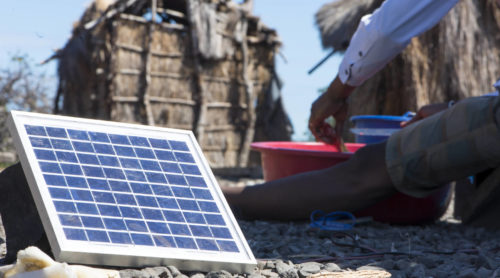
Africa
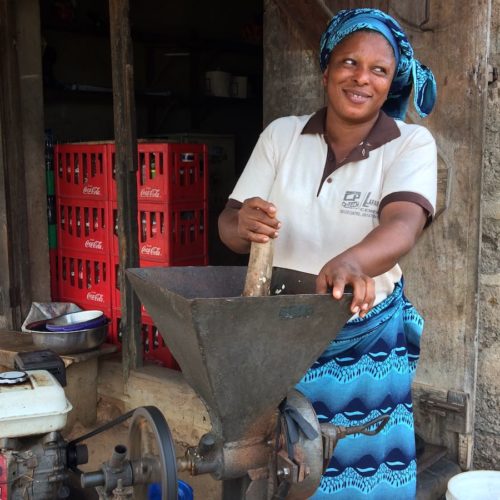
Electrifying Nigerian Agriculture with Clean Minigrids to Improve Livelihoods
Note: This article first appeared on USAID’s Facebook Page, view here A new Power Africa study finds immediate opportunity to initiate and scale the productive use of energy from Nigerian minigrids by electrifying three prevalent agricultural processing activities: rice milling, grain flour milling, and cassava grating. For the…
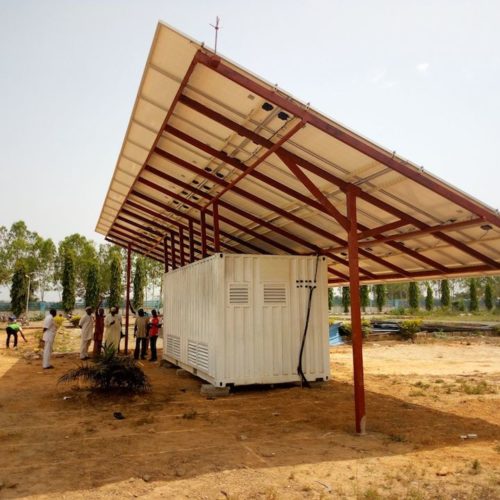
An Equitable, Low-Carbon Way to End Global Energy Poverty
Today, a third of the world’s population still has unreliable power, or no access to electricity at all. As economies seek to recover from the prolonged impacts of COVID-19, distributed renewable energy offers an opportunity to reach the underserved and to power development.
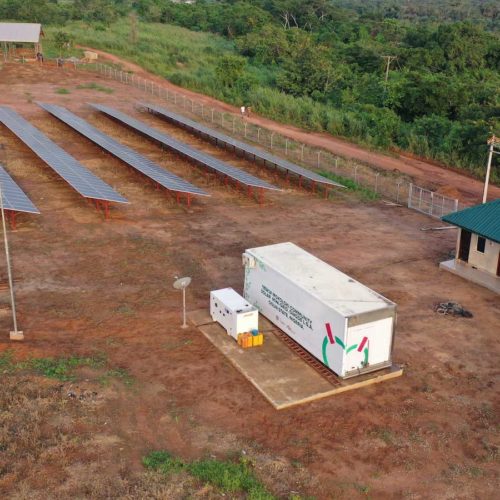
Improving Reliability for Underserved Communities
Innovation in utility business models is more important than ever as underserved rural customers increasingly demand clean, affordable, and reliable electricity service. In one Nigerian community, a new model for optimizing rural supply can provide valuable insights for communities around the globe. In particular, power sector similarities in growing global…
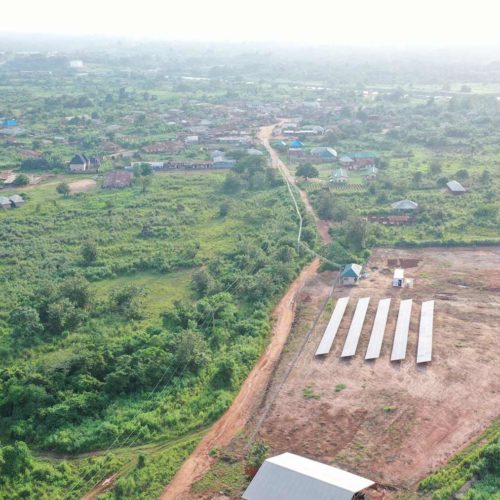
Boosting Community Resilience by Building Nigeria’s First Solar- and Battery-Powered Undergrid Minigrid
The unbroken hum of the refrigerator keeping medicine cold in the health clinic of Mokoloki community, in Nigeria’s Ogun State, is an unassuming example of collaboration at its finest. A new undergrid minigrid pilot in Mokoloki, which provides stable electricity through a new, sustainable economic and regulatory model, shows…
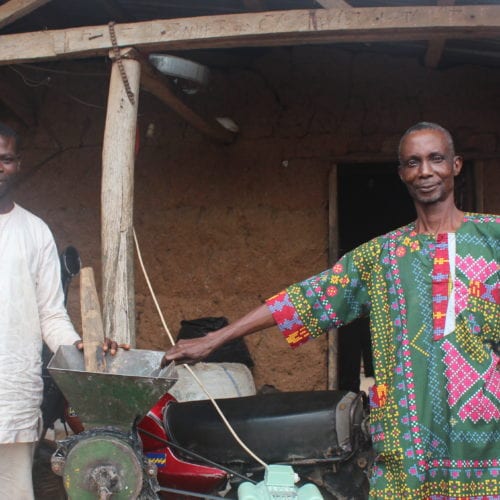
Synchronizing Agriculture and Distributed Energy Can Reduce Nigeria’s Oil Dependency
What if it was possible to boost both national and local economies while increasing energy access and saving rural residents money? That is exactly the opportunity in Nigeria, where COVID-19 impacts and the ensuing oil price collapse have made foreign exchange scarce, threatening an economy that relies heavily on…
